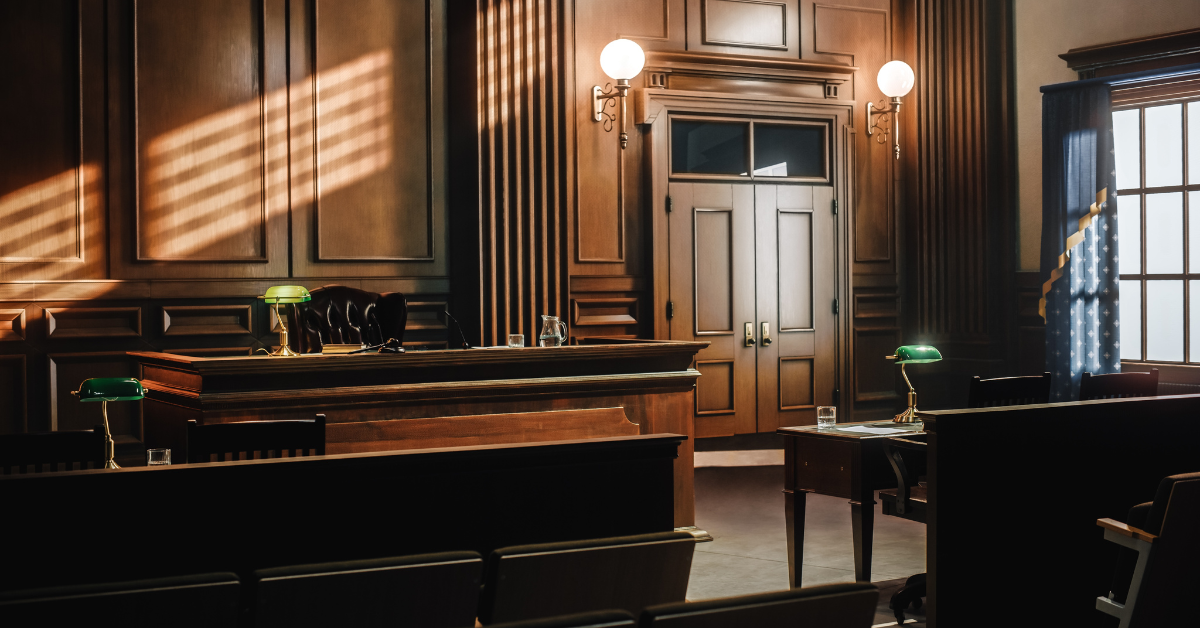“Called to a Deposition or Court? Here Are a Few Tips” – Florida Planning Magazine

When a planner is called to serve as a witness, it is natural to be anxious. However, keeping in mind these tips and best practices will help you be better prepared and best convey evidence and testimony.
Always keep orderly files. Do not wait to be called to a deposition or court to organize your case files. Do this daily as a matter of course. It is easier and less stressful to tell your story with readily available information, and you will not allow the opposing attorney to grill you over missing documents or timelines, sidetracking the real issue at hand.
Prepare and prepare some more. Discuss attorney-client and work-product privilege doctrines with your attorney or the attorney for your client. Attorney-client privilege generally does not extend to witnesses; however, the work-product privilege doctrine may provide certain protections for your trial preparation materials. Refamiliarize yourself with the American Institute of Certified Planners Code of Ethics and Professional Conduct (e.g., the duty to exercise honest and independent professional judgment, provide accurate and clear information on planning issues with integrity, comment on the work and views of other professionals in a fair and professional manner, avoid a conflict of interest, and be adequately prepared and able to render thorough and diligent services).
Be mindful of your key duties and responsibilities as a witness in this case. Refamiliarize yourself with your work experience, prior publications, and academic and professional credentials. Judiciously (pun intended) review your prior public hearing testimony, written reports, reference materials utilized when preparing your findings, and all other relevant applicable documents, as well as the facts of the case, to prepare your testimony.
Practice communicating complex subjects clearly and succinctly so they can be more readily digested by lay people like jurors. Include illustrations when they can help make your argument clearer. In terms of organizing the evidence and your thoughts, number each paragraph of written findings so they can be more easily referred to when providing testimony. Have separately bound appendices with dividers and page numbers. If your evidence is over 1,500 words long, including a summary that can be read aloud into the record is recommended.
When preparing for cross-examination, it is important to be aware of the weakest aspects of your case and be prepared to answer related questions. The attorney can help you draw out these aspects of the case, but the attorney will not tell you what answer to give. To the extent possible, do a dress rehearsal.
Demeanor and presentation are key. Dress professionally and appropriately. Avoid wearing jewelry or accessories that may be distracting. Keep hand motions to a minimum unless they are helpful for demonstration. Avoid distracting habits like fidgeting or nail biting. Maintain eye contact and speak at an even and consistent volume. Pause and think about each question before answering. As a witness, you should provide unbiased opinions as to matters within your expertise and state the material facts or assumptions on which your opinions are based. This is noteworthy as bias can be grounds for disqualifying a witness. Aim to avoid testifying in terms of absolutes (e.g., making statements like “always,” “in all cases,” or “every time”). This way, you do not close a certain line of questioning or open yourself up to possible disqualification later.
The opposing attorney’s objective on cross-examination is to weaken or undermine your testimony and may frame “yes” or “no” questions in a manner that achieves that goal. If a question is difficult to answer with a “yes” or “no,” it is acceptable to advise that you cannot provide such a simple answer in that context. This allows you to answer the question as accurately as possible without appearing unwilling to answer a difficult question.
If you are steered into answering a question you are not comfortable answering, advise if the question falls outside of your expertise. Ask your client’s attorney or your attorney the difference between the factual issues that you are there to help a jury or judge decide and the legal merits of the case. “I don’t know” may also be a perfectly acceptable answer if it is the truth unless the question relates to the basis for your professional opinion.
To read the original article, please click here.
Katie Berkey, Esq., AICP, is a shareholder attorney, Florida Bar Board Certified Specialist in City, County, and Local Government Law, and certified Professional Planner.





